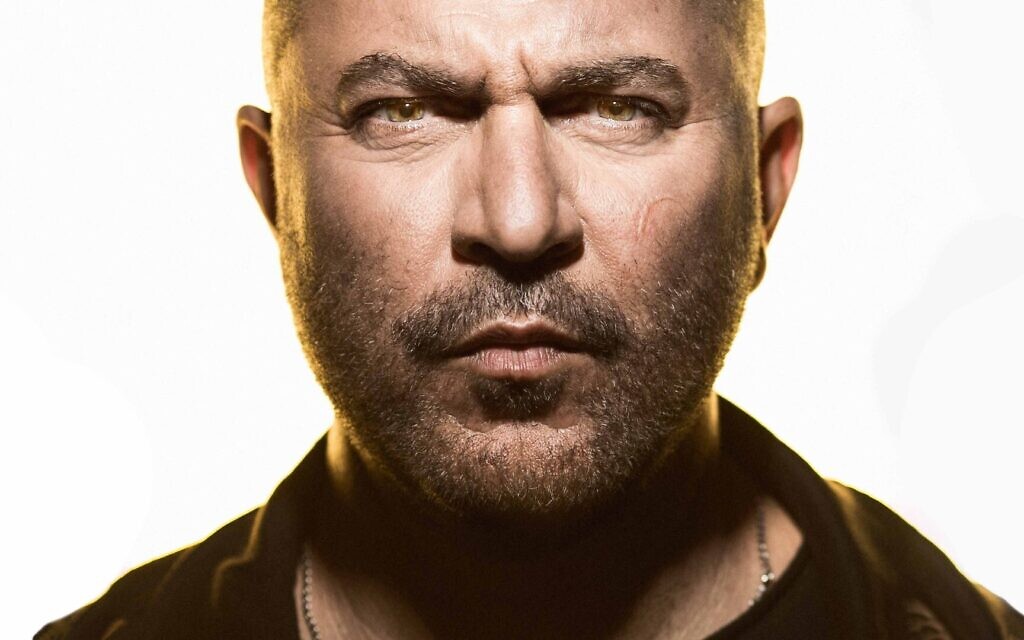Coming to a screen in your home on Friday – Fauda’s main man
Lior Raz shies away from Doron's sex symbol status and tells us how the show has changed his life
It is hard to imagine Fauda’s Doron as bashful. Surly, brooding, arrogant and violent, sure. But never bashful.
Lior Raz is a different beast, particularly if you talk about how he – thanks to Doron – has become an international sex symbol.
“Can we talk about something else?” he pleads when I ask about his heart throb reputation. “I don’t know. I don’t know.” The Doron-style steeliness that is beneath Lior’s smoother edges ensures that we move on.
Get The Jewish News Daily Edition by email and never miss our top stories Free Sign Up
What the married (sorry) father-of-four does concede is that there are certain places where he can barely walk down the street without being bothered. The places will surprise you: “I cannot walk down the street in Saudi Arabia, I cannot walk in the UAE,” he says. “People just grab me because they want pictures. They shout, ‘Doron! Doron! Doron!’ It is crazy. It is a number one show all over the Arab world and that is one of the craziest things about it.”
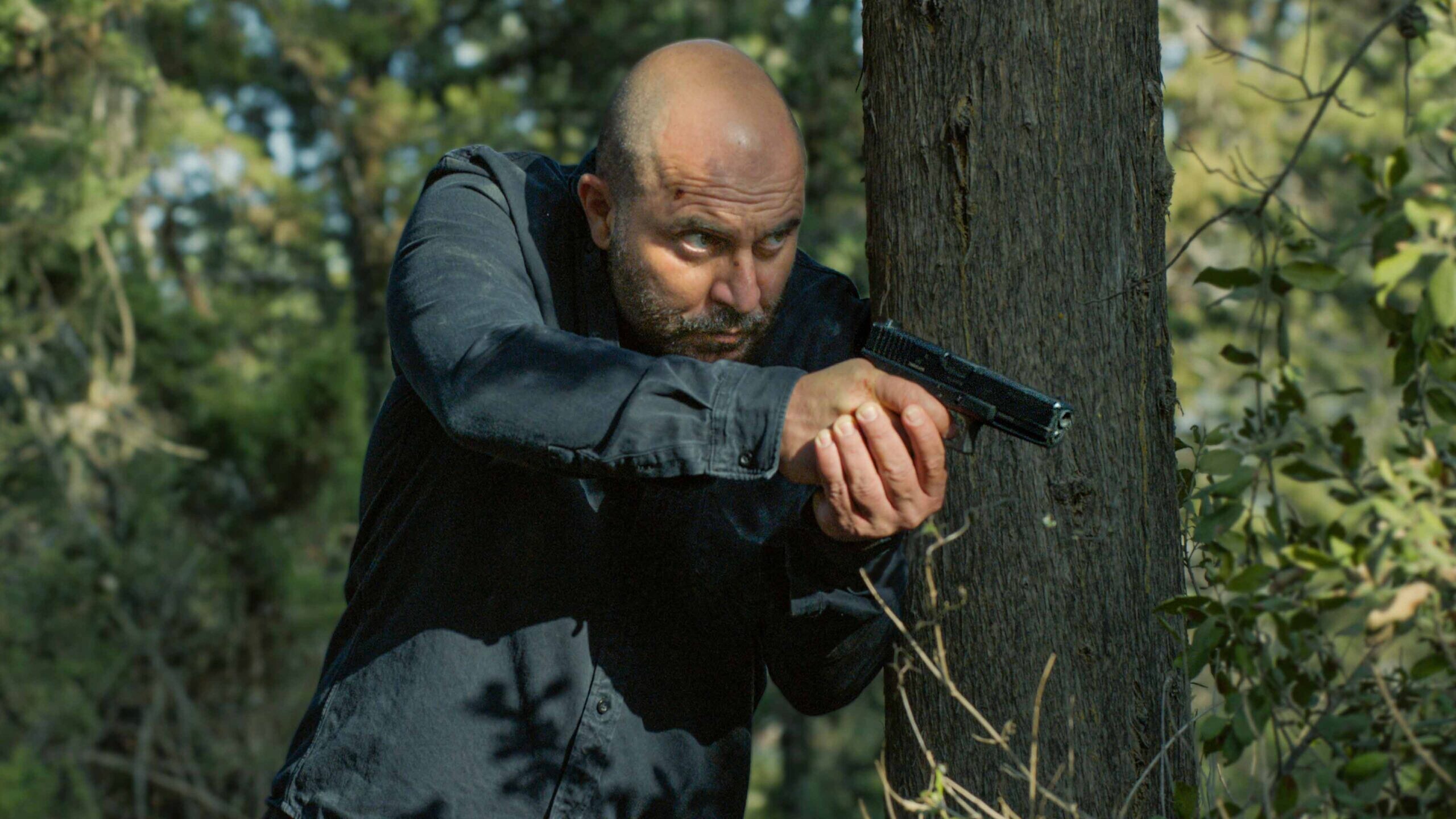
It is not the only thing; a few weeks before we meet in London, where Lior, 50, was supporting the British arm of the Magen David Adom charity, his face was on the front of an Egyptian newspaper. At first, he was worried. “I thought they might want to kill me.”
It was quite the opposite: “They wrote about how Fauda had changed the perspective of how young Arab people see Israelis. It was a number one show in Lebanon, the UAE, Syria… in Iran they show it in Farsi. This is the magic of Fauda.”
It is not only the Arab world which has been a surprise but Israel too. “The right wing in our country said to us, ‘For the first time we feel compassionate about the other side.’”
Fauda is, in essence, a tense and brilliant spy drama about a commando Arab-speaking IDF unit that works undercover in the West Bank and Gaza. But it has always been much more than that; humanising both sides of the intractable Israel-Palestine conflict and also showing the dreadful tit-for-tat cycle that means it is hard to see it ending.
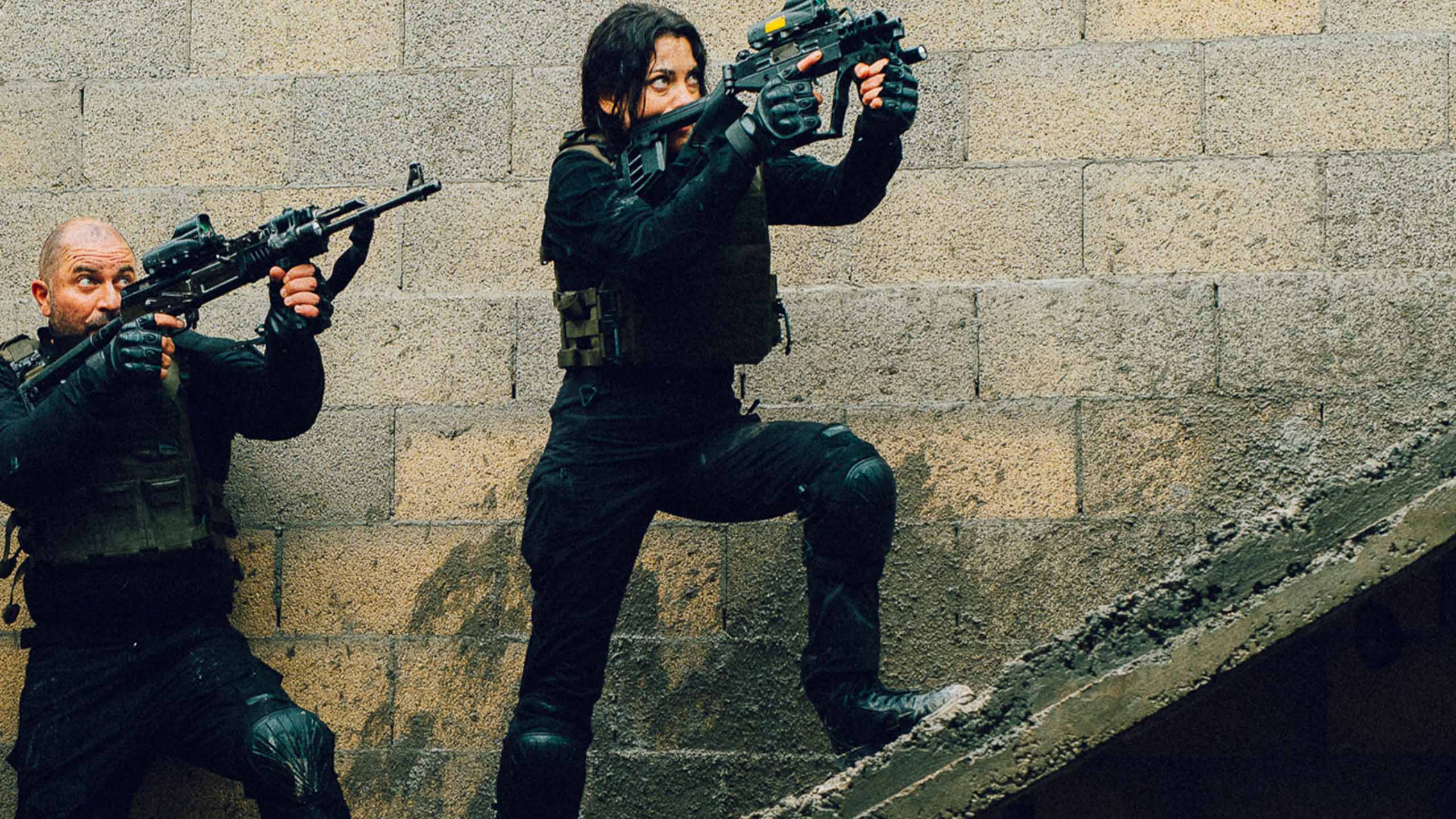 The show is based on Lior’s own experiences in the IDF’s elite Duvdevan unit. He was talking with a fellow member of the unit, journalist Avi Issacharoff – a teenage friend from Jerusalem – while they were working as reserves in the West Bank when they jointly came up with the idea of making a drama out of their experiences.
The show is based on Lior’s own experiences in the IDF’s elite Duvdevan unit. He was talking with a fellow member of the unit, journalist Avi Issacharoff – a teenage friend from Jerusalem – while they were working as reserves in the West Bank when they jointly came up with the idea of making a drama out of their experiences.
“Avi asked me if I had a dream and I told him that I wanted to write something about the people we were then with; about the mental price they were all paying, the price everybody surrounding them was paying,” says Lior. “We both wanted to talk about the Palestinian side too because knowing who they are is just as important.”
Lior had already been told that it was likely he had PTSD but didn’t know how to help himself. He calls writing the show his therapy. “I suffered from PTSD for long time,” he says. “I think through the creation, the writing, I can sort of get out of it. It has helped me a lot. But there are six friends of mine who were in that unit – there were 11 of us – and they are now, like me, 50 and they are suing the army about their PTSD. It has taken them 30 years to understand their life is bad, maybe because of it, and they are suing the army to get some treatment.”
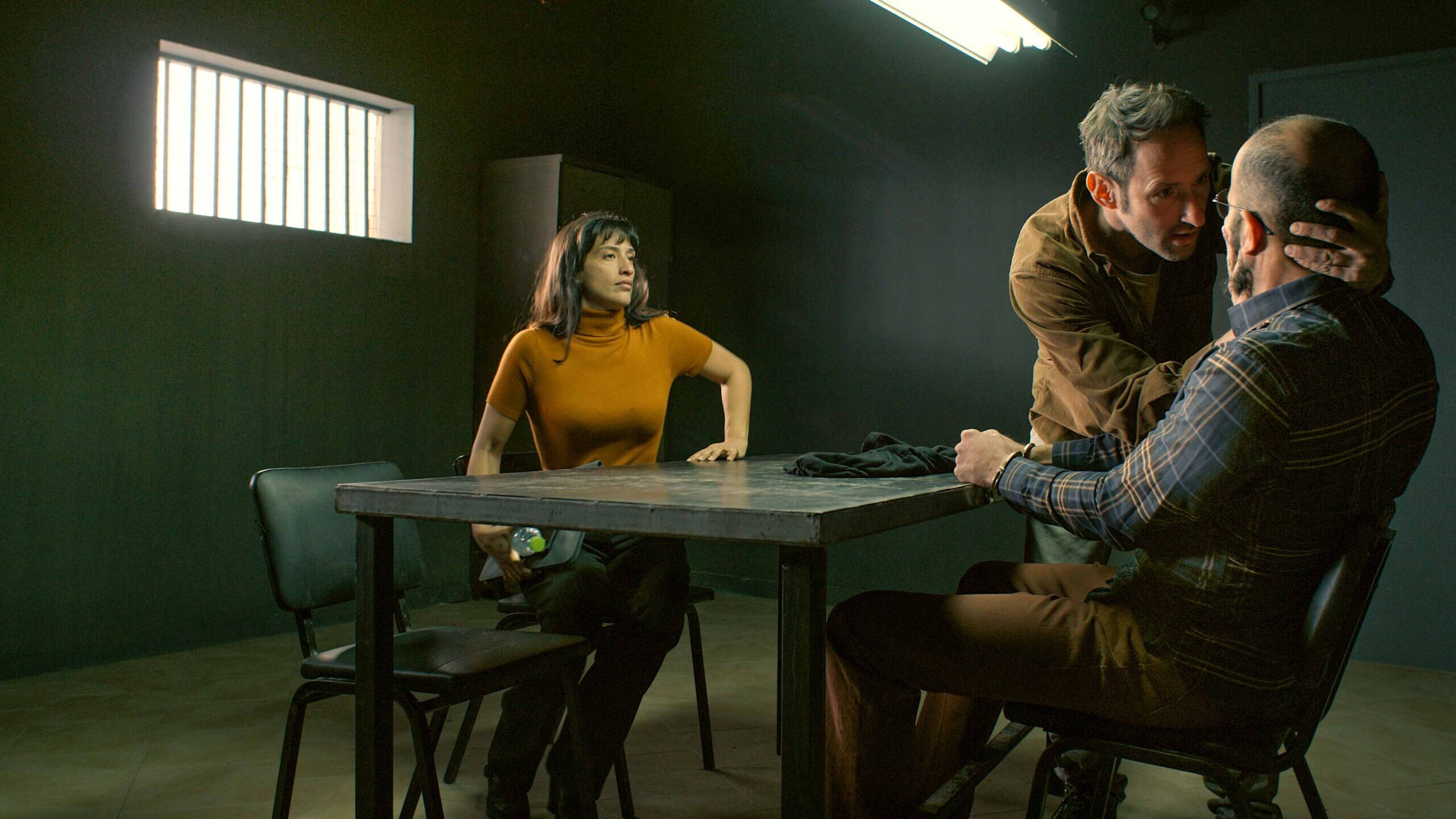 Much of what is in the show comes from the experiences Lior and Avi encountered in the unit; even if his memory had – in his words – “blacked out” a lot of what happened.
Much of what is in the show comes from the experiences Lior and Avi encountered in the unit; even if his memory had – in his words – “blacked out” a lot of what happened.
“When we were in the service we didn’t think too much about what we were doing; you have your mission, this is what you do,” he says. “We were very young and very stupid. Now we are only young! But you just do what you are told to do, like a warhorse. I think it was only later on that we understood many of the things that we did with perspective. And we understood that some of the stuff that happened there wasn’t right. Some of it was good but some of it you regret. When you are 18 or 19 you don’t want to think too much about what you are doing.
“We were chosen to be in that unit because you have to be a strong person, and also a moral person because we were often in very difficult situations. But I think it takes years after you’ve left to understand what went on.”
Lior and Avi don’t dress up the pain of what life is like in that unit, and in the IDF as a whole. But at the same time, they remain proud ambassadors for both their unit and their country.
“When the IDF found out we were doing the series – there are no censors so you can write what you like – I think they were a bit afraid but then they saw the show,” Lior says of the IDF. “The Palestinians already know about the undercover units – sometimes more than we show – but at the same time we don’t show everything. They remain our brothers; we are one big family.”
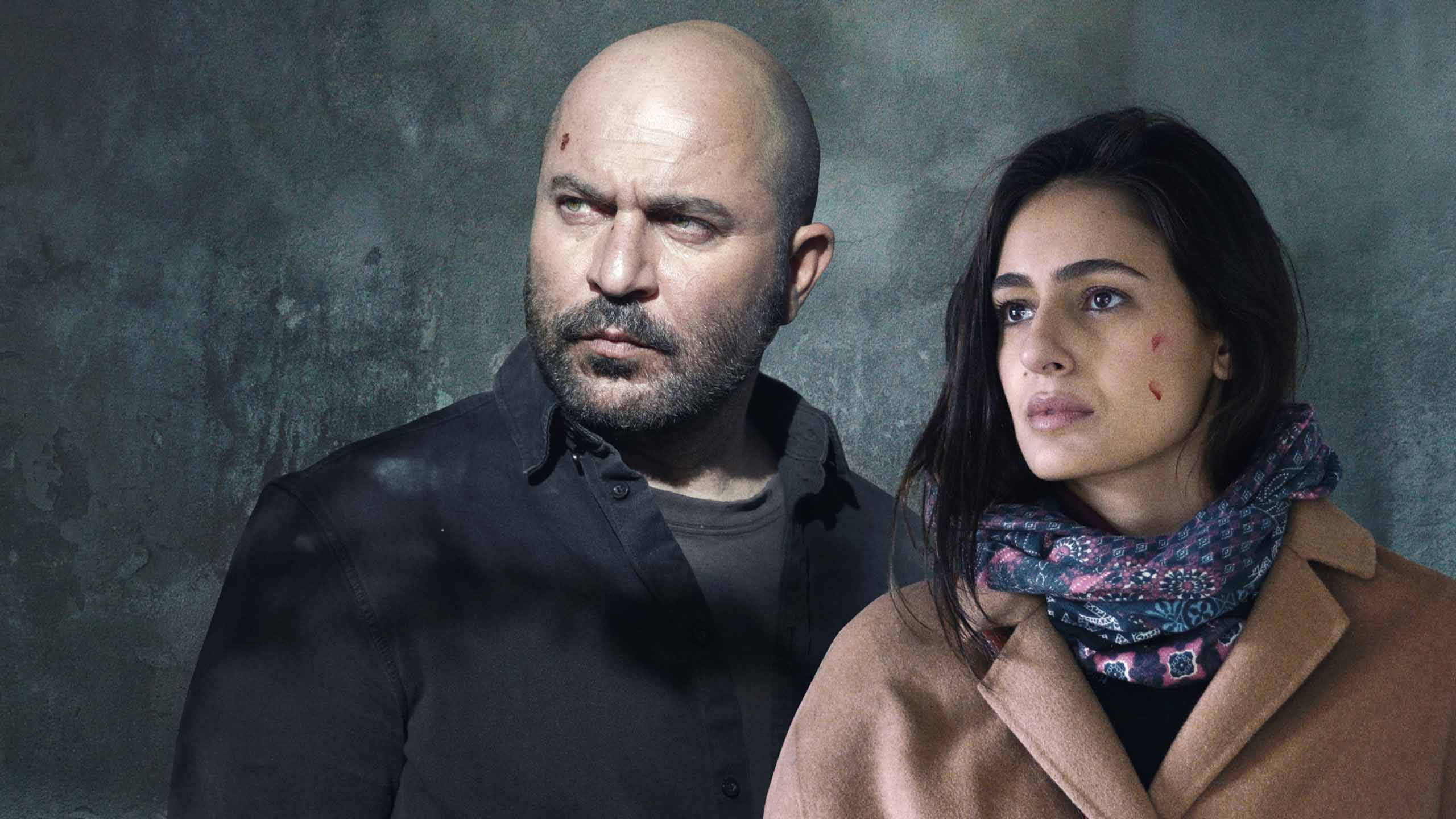 In the start of the fourth series Doron is once again alone and angry – he’s been kicked out of the unit as a result of what happened in the previous series until something so dreadful happens that it drags him back in. This series also gives the team their biggest challenges yet as they go into completely new territory – first Belgium and then Lebanon.
In the start of the fourth series Doron is once again alone and angry – he’s been kicked out of the unit as a result of what happened in the previous series until something so dreadful happens that it drags him back in. This series also gives the team their biggest challenges yet as they go into completely new territory – first Belgium and then Lebanon.
While some shows appear to drag on, Fauda seems to get stronger and stronger but for Lior that is just part of a career he could never have envisaged.
“My life has changed so much,” he says. “I have just finished filming a show in London with Tom Holland, an Indian version of Fauda has come out and we have so many plans in the pipeline including setting up a Middle East hub with creatives in the UAE. I am living a dream that I would never have dared to dream.”
Fauda series 4 starts on Netflix on January 20

Thank you for helping to make Jewish News the leading source of news and opinion for the UK Jewish community. Today we're asking for your invaluable help to continue putting our community first in everything we do.
For as little as £5 a month you can help sustain the vital work we do in celebrating and standing up for Jewish life in Britain.
Jewish News holds our community together and keeps us connected. Like a synagogue, it’s where people turn to feel part of something bigger. It also proudly shows the rest of Britain the vibrancy and rich culture of modern Jewish life.
You can make a quick and easy one-off or monthly contribution of £5, £10, £20 or any other sum you’re comfortable with.
100% of your donation will help us continue celebrating our community, in all its dynamic diversity...
Engaging
Being a community platform means so much more than producing a newspaper and website. One of our proudest roles is media partnering with our invaluable charities to amplify the outstanding work they do to help us all.
Celebrating
There’s no shortage of oys in the world but Jewish News takes every opportunity to celebrate the joys too, through projects like Night of Heroes, 40 Under 40 and other compelling countdowns that make the community kvell with pride.
Pioneering
In the first collaboration between media outlets from different faiths, Jewish News worked with British Muslim TV and Church Times to produce a list of young activists leading the way on interfaith understanding.
Campaigning
Royal Mail issued a stamp honouring Holocaust hero Sir Nicholas Winton after a Jewish News campaign attracted more than 100,000 backers. Jewish Newsalso produces special editions of the paper highlighting pressing issues including mental health and Holocaust remembrance.
Easy access
In an age when news is readily accessible, Jewish News provides high-quality content free online and offline, removing any financial barriers to connecting people.
Voice of our community to wider society
The Jewish News team regularly appears on TV, radio and on the pages of the national press to comment on stories about the Jewish community. Easy access to the paper on the streets of London also means Jewish News provides an invaluable window into the community for the country at large.
We hope you agree all this is worth preserving.
-
By Brigit Grant
-
By Laurent Vaughan - Senior Associate (Bishop & Sewell Solicitors)
-
By Laurent Vaughan - Senior Associate (Bishop & Sewell Solicitors)
-
By Laurent Vaughan - Senior Associate (Bishop & Sewell Solicitors)
-
By Laurent Vaughan - Senior Associate (Bishop & Sewell Solicitors)


